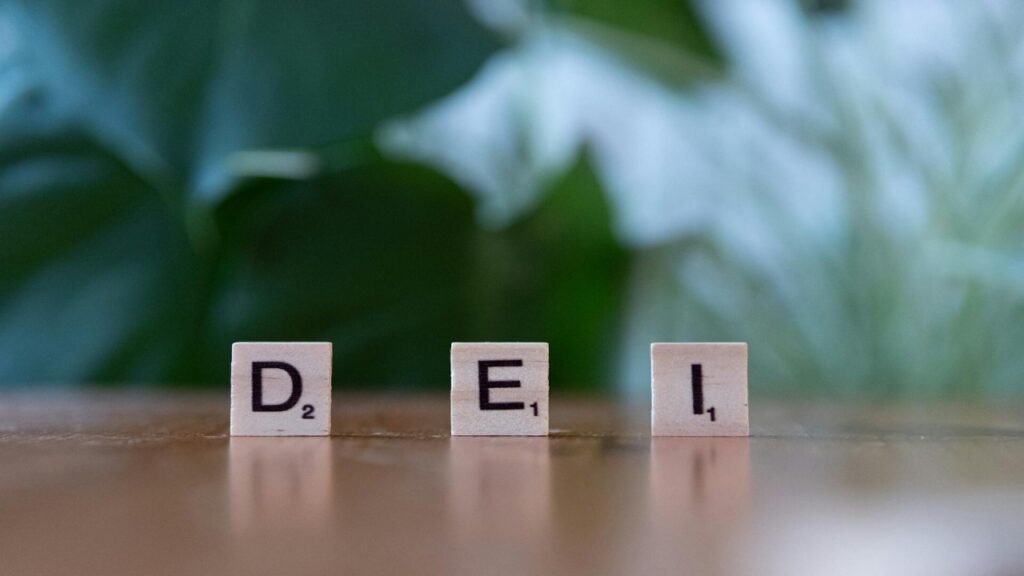DEI in Japan: Why the Western Playbook Doesn’t Fit
2025年9月3日

Diversity, Equity, and Inclusion (DEI) have been around for decades, but in the past 5 years, it has rapidly become a top priority for many companies. In the West, DEI initiatives often focus on individual identity, open dialogue, and systemic change, especially in cultures that place the individual at the center of the social structure.
What happens then when these frameworks are applied in Japan? As you might guess, they can encounter unexpected resistance.
Why? Because Japan’s cultural fabric is woven differently.
In Japan:
- Harmony (“Wa”) often takes precedence over individual expression.
- Hierarchical structures influence communication and decision-making.
- Group consensus is valued more than personal opinion.
These cultural nuances mean that Western DEI strategies may not resonate as intended.
For example:
- Encouraging employees to “speak up” might clash with the cultural norm of maintaining group harmony.
- Setting minority or gender-based targets without context can be seen as disruptive rather than inclusive.
- Direct discussions about bias may be uncomfortable in a society that values indirect communication.
At Coaching Leaders Japan, we recognize that effective DEI in Japan requires a tailored approach.
We advocate for:
- Cultural Sensitivity: Understanding and respecting Japan’s unique social norms.
- Inclusive Dialogue: Facilitating conversations that honor both individual perspectives and group cohesion.
- Adaptive Strategies: Designing DEI initiatives that align with Japanese organizational structures and values.
By integrating these principles, organizations can foster genuine inclusion while still respecting Japanese cultural norms.
We support our global leaders to recognize that true diversity and inclusion aren’t about forcing or transplanting ideas; they’re about cultivating acceptance and understanding.
